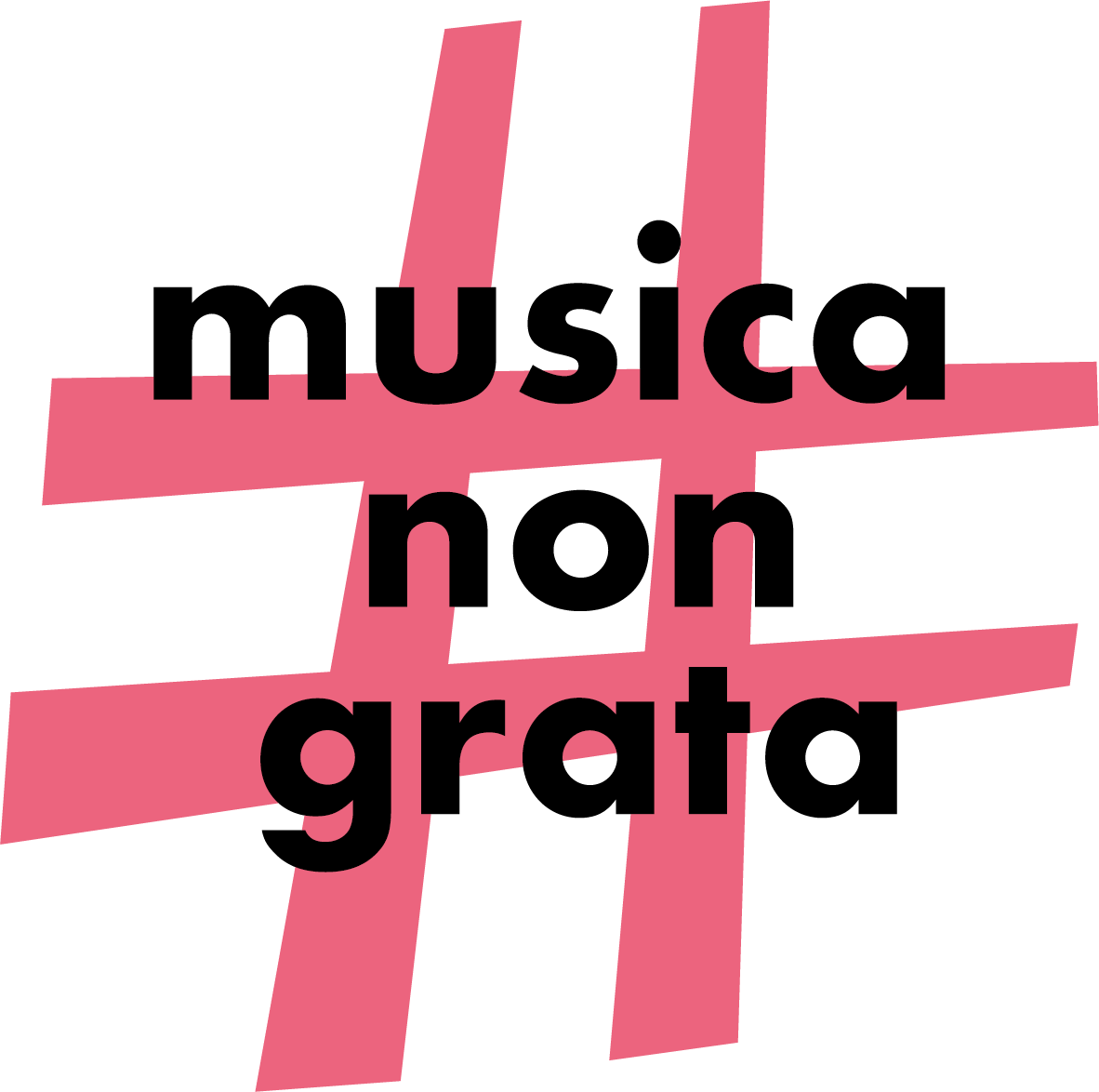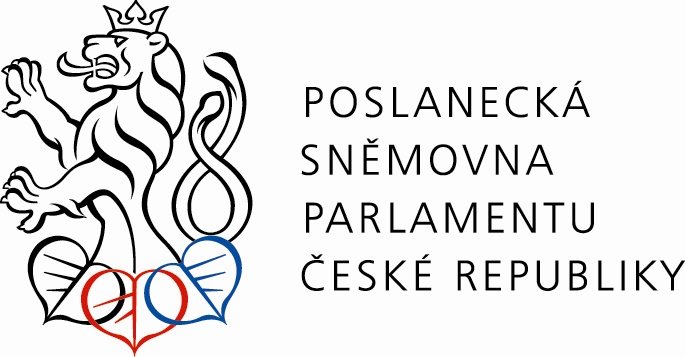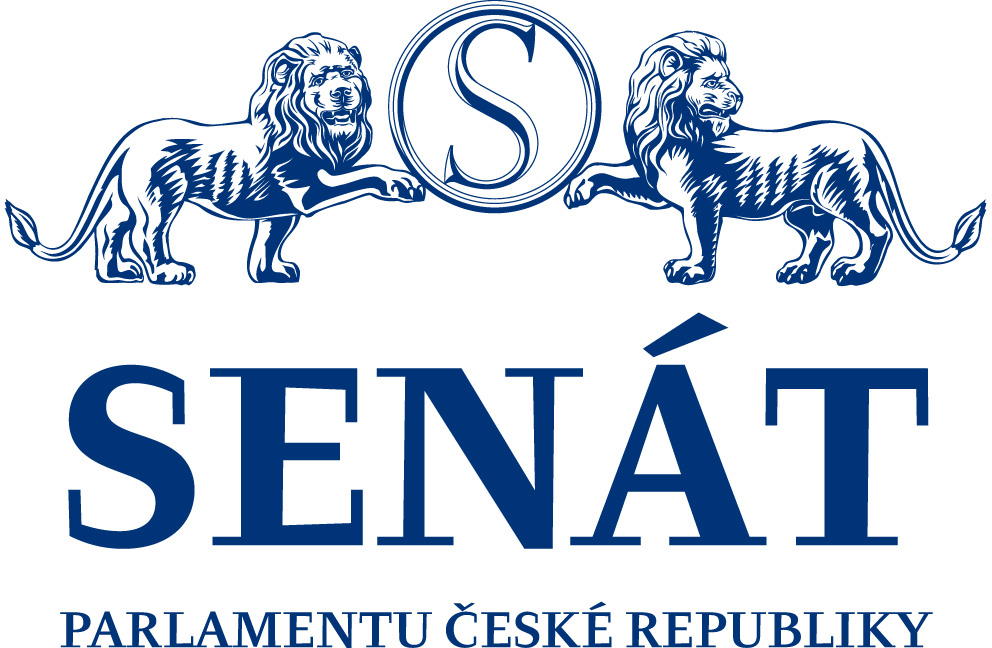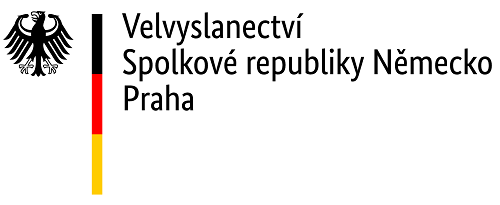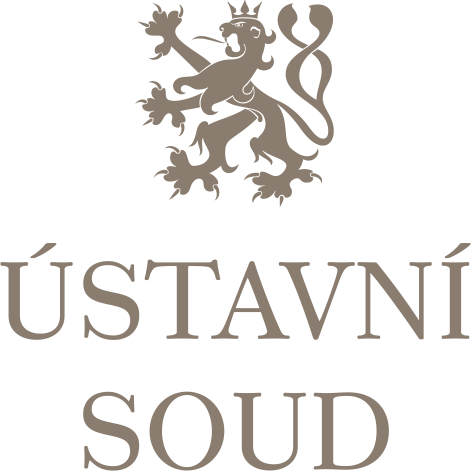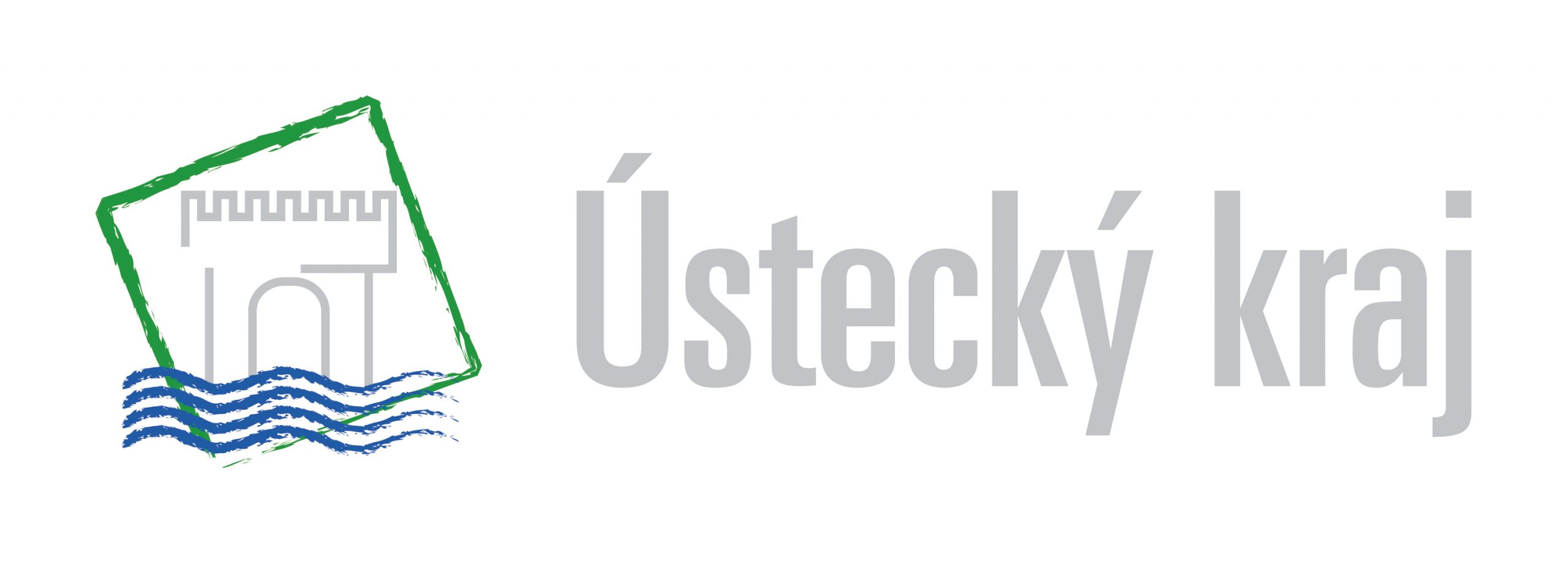Bella Adamova – Vocals
Malte Schäfer (DE) – Piano
This evening is organized in cooperation with the National Library of the Czech Republic as a charity concert; all proceeds will be donated to purchase musical instruments for the Jedlička Institute and Schools. Online donations are welcome here:
Program:
Prologue
Ilse Weber - Ich wandre durchTheresienstadt
Homesickness
Pavel Haas – Four Songs to the Words of Chinese Poetry in translations by Bohumil Mathesia
Love/Relationships
Pavel Haas – Seven Songs in a Folk Tone, Op. 18
to the texts of František Ladislav Čelakovský
Gustav Mahler – Verlor'neMüh' / Futile Effort
(Des KnabenWunderhorn / The Boy's Magic Horn)
Pavel Haas – Seven Songs in a Folk Tone, Op. 18
to the texts of František Ladislav Čelakovský
Viktor Ullmann – First Meeting
(Geistliche Lieder / Spiritual Songs, Op. 20, No. 5)
The War and Its Consequences
Viktor Ullmann – Claire Vénus / Bright Venus
(Six Sonnets de Louize Labé / Six Sonnets of Louize Labé, Op. 34, No. 1)
Gustav Mahler – Der SchildwacheNachtlied / The Night Watch Song
(Des KnabenWunderhorn / The Boy's Magic Horn)
Erwin Schulhoff - SchliessedeineAugenzu/ Close Your Eyes
(Six songs from Hans Steiger's collection Sheaves, Op. 2, No. 5)
Viktor Ullmann – Der müde Soldat / The Tired Soldier
(Drei chinesische Lieder /Three Chinese Songs, No. 2)
Gustav Mahler – Wo die schönenTrompetenblasen / Where Beautiful Trumpets Sound
(Des KnabenWunderhorn / The Boy's Magic Horn)
Epilogue
Ilse Weber –Und der Regen rinnt / And It Rains
The composition of the program forms a story with a prologue and an epilogue, about beautiful things in life such as love, about sad things such as saying goodbye, and about tragic things such as war and death. The poets and composers of the featured songs lived in different times and countries, they are connected by their feelings, which they captured in words and verses, and which resonate with all people who love life.
Ilse Weber (1903–1944) was born in Vítkovice in Ostrava. She wrote poetry, short stories, and fairy tales printed in newspapers and broadcast on the radio, as well as plays. After the occupation of the borderlands, she went to Prague with her husband and two sons, but her family did not escape persecution; only her older son was able to get across the border in time through the help of the Prague Jewish community. In 1942, the rest of the family was taken to Terezín. The poems and songs about the mundane things of prison life that Ilse Weber sang to others for comfort, accompanied by guitar or mandolin, were remembered by some survivors. A recording of the piano accompaniment made by someone unknown was also preserved, so it was possible to reconstruct them. Ilse Weber's husband, who survived the imprisonment, compiled his wife's poems and songs, and in 1964 they were first published in Israel; in 1991 a German edition was published. The song "Ich wandredurch Theresienstadt" (I Walk through Terezín) was one of the most popular, "Der Regen rinnt" (And It Rains) is a memory of a distant younger son.
Pavel Haas (1899–1944) evolved in a way more or less similar to his entire generation, from romantic foundations to the enchantment of art nouveau and folk songs, with a temporary enthusiasm for jazz and new technical media including radio and film, to the establishment of his own compositional style. The first songs – on folk poetry – are preserved from the time of his conservatory studies and bear the opus number 1. He was interested in Chinese poetry as early as 1921, when he composed Three Songs Op. 4 for alto and piano with translations by Jaroslav Pšenička. In Terezín, he returned to Chinese poetry, perhaps for him the translation by Bohumil Mathesi was also reminiscent of his younger years and his first creative flight. The selection of texts speaks for itself about the emotional side of the composition. The songs were written for bassist Karel Berman, Haas's fellow prisoner, who performed them first in Terezín in June 1944 and repeated them many times. Viktor Ullmann, whose reviews of Terezín concert performances have been preserved, wrote: "Whoever has once heard Haas's songs, filled with life and so close to reality, no longer wants to miss them and wants to stay in intimate contact with them. Because this is how a new art asserts itself over time, [...] it becomes an indispensable friend like a good book, like everything we learn." And it was Karel Berman (1919–1995) who performed Haas's songs again, many years after the war, bringing them back into musical life.
Seven Songs in a Folk Tone, Op. 18 to texts by František Ladislav Čelakovský was composed by Pavel Haas in 1940, when his music could no longer be performed. At that time, he was still working on a symphony, which he did not finish. Also, the return to folk poetry meant, in difficult moments, memories of youth and early plans that could never be realized.
In the work of Viktor Ullmann (1898–1944), songs form an important component. He presented himself as a composer for the first time in 1923 with songs. These are nowhere to be found, just as the cycle of songs with an orchestra composed a year earlier, however, the choice of poets already reveals the circle to which Ullmann later returned. Geistliche Lieder (Spiritual Songs Op. 20) were composed during 1938–40 and are dedicated to persons connected with Ullmann's personal life: his first wife Marta, his mother, the author of writings on Eastern philosophy Karl Pokorný, the sister of his second wife Nelly Urbach (who died in a concentration camp in Łódź), his eldest son Max, and "James" – Ullmann's younger son Johannes. The textual sources for Viktor Ullmann's works draw from the works of poets who were intellectually close to him and from the circle of anthroposophists, followers of Rudolf Steiner's teachings, to which Ullmann belonged. The Six Sonnets set to the texts of the French poet Louise Labé (1525?–1566), composed in 1941, were dedicated by Ullmann to his third wife, Elisabeth. The entire cycle is highly expressive. Song No. 1, "Claire Venus" (in Ullmann's version, in Old French "Clere"), has a clear two-part form. In Theresienstadt, Viktor Ullmann wrote at least fourteen compositions for solo voice, though some have not survived. Of the Three Chinese Songs from 1943, two have been preserved, and scarcely could misery and suppressed despair be better expressed than by their simple words. Characteristic of Ullmann are dissonant chords in the piano and large interval leaps in the vocal line.
Erwin Schulhoff (1894–1942) engaged several times with the collection "Die Garbe" (The Sheaf) by Hans Steiger, which was published in 1912 and immediately captured Schulhoff's interest. Promptly, he composed "Vier Lieder" (Four Songs) Op. 2 for soprano and orchestra, as well as their arrangement for piano, and in the same year, he set more of Steiger's verses to music as "Sechs Lieder" (Six Songs) for medium voice and piano as Op. 2a; among them is the song "SchliessedeineAugenzu" (Close Your Eyes). Another set of Four Songs followed in 1913 as Op. 9, and finally, also in 1913, "Drei Stimmungsbilder" (Three Mood Pictures) for soprano, violin, and piano Op. 12 – including a new setting of "Close Your Eyes". Here we encounter the paradox of history. Erwin Schulhoff, who went through World War I, became a convinced pacifist and communist. Hans Steiger (1889–1943), on the other hand, was influenced in the opposite way by the outcome of World War I. From a gifted lyricist, he turned into a Nazi who published anti-Semitic pamphlets and wrote song texts for the Hitler Youth.
The personal style of Gustav Mahler (1860–1911) was significantly influenced in his childhood by the folk songs of his native region, and later by works inspired by folk art. One such collection was “Des KnabenWunderhorn” (The Youth’s Magic Horn), compiled by poets Achim von Arnim (1781–1831) and Clemens Brentano (1778–1842). This was not authentic folklore; both poets adapted texts from various sources, and some are their own work. The collection, published in three volumes between 1806 and 1808, was hugely successful and inspired many artists. It contains verses of love, war, songs of wandering journeymen, and children's songs. Gustav Mahler set a total of twenty-four songs from this collection to music in two series, some of which he later orchestrated and incorporated into his symphonies. Mahler's congenial fusion of text and music makes them one of the greatest treasures of song literature.
